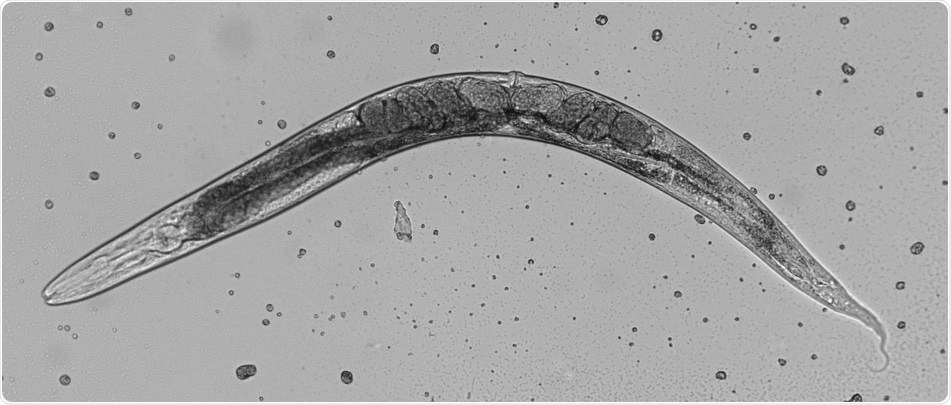Scientists have studied the system that controls age-appropriate behavior and revealed a certain element of variation that may contribute to a species’ survival from an evolutionary point of view.
 Credit: lostkabab/ Shutterstock.com
Credit: lostkabab/ Shutterstock.com
Researchers from Rockefeller University studied the foraging behaviour of newborn worms and found that despite the worms sharing identical genes and developing in identical environments, some individual worms behaved differently to others.
For the study, Cori Bargmann and colleagues used a system that enabled them to observe spontaneous, internally-generated behaviour in worms across their entire development, with a focus on the worms’ foraging behavior.
There are patterns at every stage of life that are different from the patterns at other stages, and with the system we created we can see that really clearly in ways that are surprisingly complex and robust. We can also observe something as complex as individuality and start to break down the biology behind it,"
Cori Bargmann, Rockefeller University
As reported in Cell, the worms displayed extremely similar patterns of activity, despite being separated and not receiving any external cues. They searched for food at the same time point in development as other worms.
However, a number of individual worms displayed atypical foraging behaviors, despite the team having accounted for any variability that may arise form genetic differences or exposure to different environments by using genetically identical worms placed in identical environments.
Bargmann says the variations could be explained by small differences in how the nervous system develops as there is a degree of randomness in how some neurons connect with each other that isn't controlled by genetics.
However, the researchers showed that neuromodulators may also play a role. They found that eliminating serotonin from a population of worms significantly reduced the number of worms that displayed individuality. With the serotonin removed, all the worms showed the same foraging behavior at the same time, a finding that indicates how crucial individuality is to a species’ survival.
"From an evolutionary point of view, we can't have everyone going off the cliff all at once like lemmings--someone's got to be doing something different for a species to survive," says Bargmann.